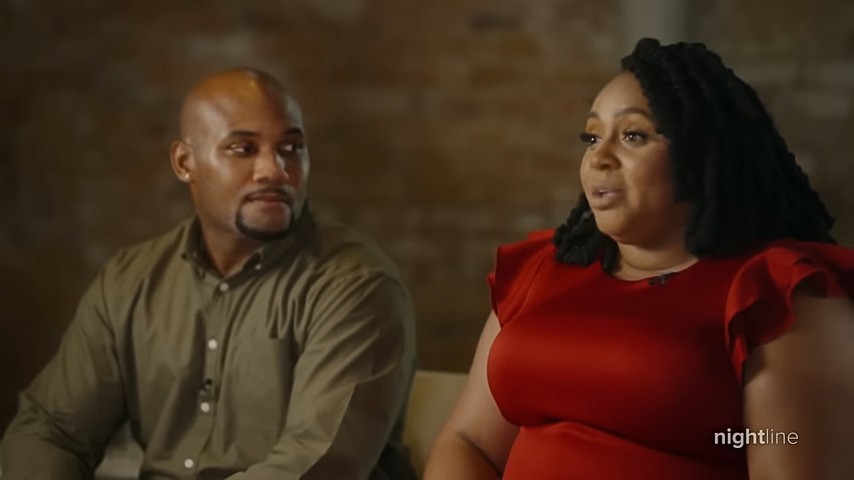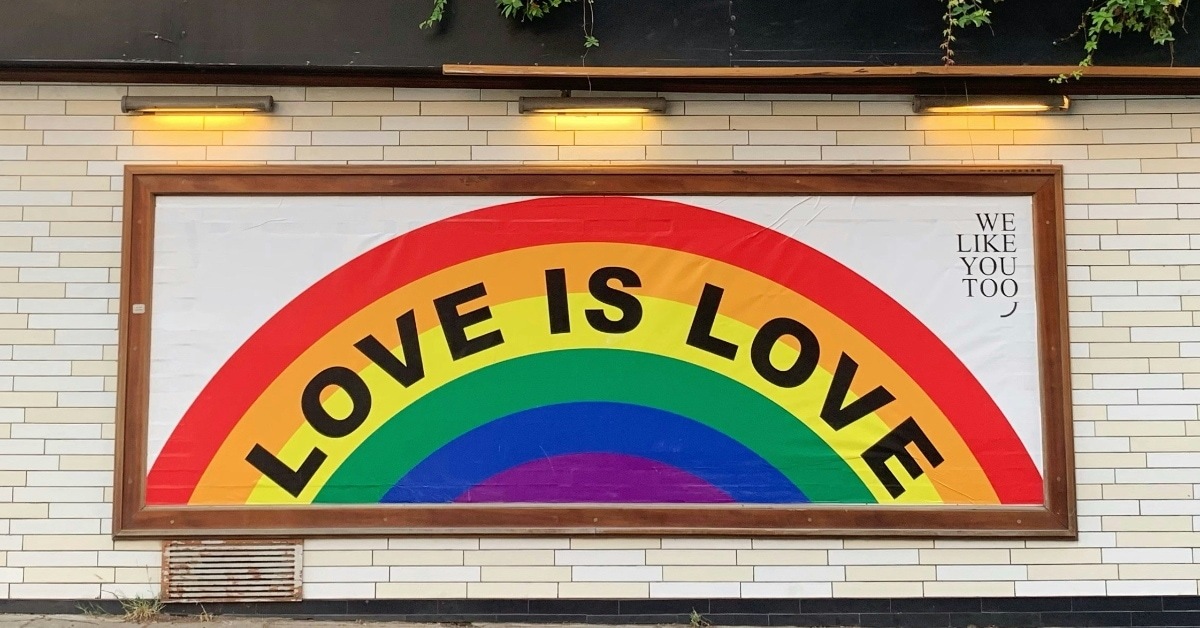The overturning of Roe v. Wade almost took my wife’s life
OPINION: My wife nearly died after Florida’s abortion ban kept her from getting the critical care she needed. To men […] The post The overturning of Roe v. Wade almost took my wife’s life appeared first on TheGrio.

OPINION: My wife nearly died after Florida’s abortion ban kept her from getting the critical care she needed. To men who think attacks on abortion care don’t impact them: I hope you hear my story and join me in the fight for reproductive freedom.
Editor’s note: The following article is an op-ed, and the views expressed are the author’s own. Read more opinions on theGrio.
The overturning of Roe v. Wade changed the course of history and, in the process, nearly destroyed my family. After experiencing the heartbreak of over a dozen miscarriages and going through the trials of IVF, my wife, Anya, and I were overjoyed when our 18th pregnancy reached the second trimester. We allowed ourselves the luxury of hope, began telling family members, and even went crib shopping. Then, I helplessly watched my wife nearly die because she was denied the care she needed due to Florida’s abortion ban. I never thought this could happen to me, and I’m sharing my story so that other families, and men in particular, understand how attacks on reproductive freedom threaten all of us and the people we love.
When Anya’s water suddenly broke at 16 weeks, I rushed her to the emergency room, where we received a devastating diagnosis. Her amniotic sac had ruptured due to a condition known as PPROM, which affects about 1% of pregnancies and affects Black women at much higher rates than white women. Doctors told us that our daughter could not possibly survive without amniotic fluid before 20 weeks, and she would likely be stillborn in the next 24 hours. I felt as though our entire world was collapsing.
Before Roe v. Wade was overturned, the standard of care for patients experiencing this potentially life-threatening condition was an abortion. While we were devastated to lose our baby, we were prepared to move forward with the procedure to save Anya’s life.
However, the doctors told us that there was nothing they could do for us. “What do you mean you’re not going to admit her?” I cried out. That’s when they told us that due to Florida’s 15-week abortion ban, they were unable to treat Anya. Even though she was carrying a baby that would not survive and was at risk for infection or hemorrhaging, we were sent home. I felt completely powerless and lost as a husband.
The next day quickly turned into the worst of my life. As I waited for Anya outside of the hair salon — an appointment she only kept believing that if she died, her mom wouldn’t have to go through the trouble of getting her locs done before her funeral — I got a panicked call from her to call 911 immediately. She had delivered our baby stillborn, alone, in the salon bathroom. I rushed into the bathroom, where I followed what I had seen on medical shows to cut my daughter’s umbilical cord and help my wife deliver the placenta.
Anya was hemorrhaging so much blood that she was losing consciousness as the paramedics arrived. At the hospital, she went into surgery for hours. All I could do was wait. I stayed up all night praying, soaking a Bible with my tears. Not only did we lose our daughter, but I thought I was going to lose my wife, too. Anya would spend the next few days on life support. I didn’t leave her bedside.
Anya is still physically recovering from the three surgeries needed to save her life, and we don’t know if we will be able to have children together. We both carry the trauma of this experience with us every day. I am so grateful that Anya survived, but I know she should have never been in a life-or-death situation trying to have our child. All of this happened because extremist politicians have interfered with access to life-saving and essential health care.
The abortion bans that have been enacted in nearly half of all states since the fall of Roe disproportionately impact Black women like Anya. Pregnancy is already dangerous for Black women, who are significantly more likely to die from pregnancy-related complications. In the midst of a Black maternal mortality crisis, attacks on abortion access put Black women’s lives at an even greater risk.
The reversal of Roe was just the beginning. Attacks on reproductive freedom are escalating. Republican politicians in my home state of Florida and across the nation are working to ban abortion entirely. Just last month, the Supreme Court ruled to allow Idaho to enforce its strict abortion ban even in medical emergencies like what Anya experienced. This ruling will undoubtedly lead to more devastating stories like mine and Anya’s and could cost women their lives.
To men who think attacks on abortion care don’t impact them: I hope you hear my story and join me in the fight for reproductive freedom. It’s time for us to get off the sidelines and step up to the plate. We need to use our voices to advocate for our families and elect politicians who will fight to restore and expand abortion access. Leaving our fates in the hands of politicians will continue to put our families at risk.

Derick Cook is a husband, father and advocate for reproductive freedom with Men4Choice. His and his wife’s near-fatal miscarriage story was recently featured on “Impact by Nightline: On the Brink,” an ABC News investigation looking at the impact of abortion restrictions in America after the U.S. Supreme Court overturned Roe v. Wade in June 2022.
Never miss a beat: Get our daily stories straight to your inbox with theGrio’s newsletter.
The post The overturning of Roe v. Wade almost took my wife’s life appeared first on TheGrio.











![Brandy and Monica Address Past ‘Confusion and Conflict’ While Announcing ‘That Boy Is Mine’ Joint Tour [Video]](https://www.lovebscott.com/wp-content/uploads/2025/06/3e4c19e4ced74fcca75359da112c255d_md.jpg.webp)
